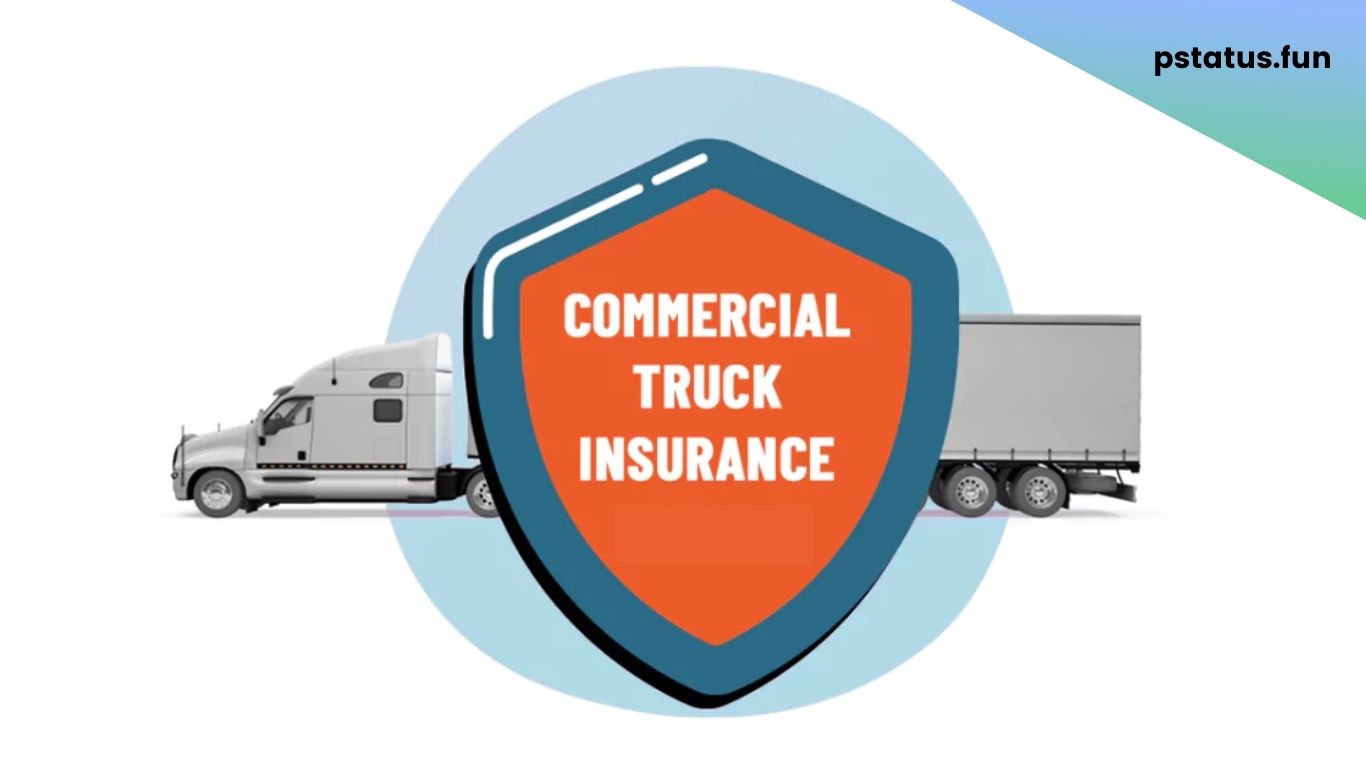Commercial Truck Insurance: A Comprehensive Guide
Commercial truck insurance is an essential aspect of operating a trucking business. As the backbone of the logistics industry, trucks play a critical role in transporting goods across vast distances. However, the risks associated with commercial trucking are significant. Accidents, theft, and equipment failure can lead to substantial financial losses. This guide will delve into the various aspects of commercial truck insurance, helping you understand its importance, types, coverage options, and how to choose the right policy.
Why Commercial Truck Insurance is Essential
Commercial truck insurance is designed to protect businesses against the risks associated with operating commercial vehicles. Whether you own a single truck or an entire fleet, having adequate insurance coverage is not just a legal requirement but also a financial safeguard.
The Legal Requirement
In most jurisdictions, having a minimum level of liability insurance is mandatory for commercial trucks. This insurance covers damages caused by your vehicle to others in the event of an accident. Operating without insurance can lead to severe penalties, including fines and the loss of your operating license.
Financial Protection
Accidents can happen, and when they do, the costs can be exorbitant. Commercial truck insurance provides financial protection against:
- Property Damage: Covers damages to other vehicles and property involved in an accident.
- Medical Expenses: Covers medical costs for injuries sustained by you, your passengers, and others involved in an accident.
- Legal Fees: Protects you against legal claims arising from accidents.
Peace of Mind
Having the right insurance policy allows you to focus on your business operations, knowing that you are financially protected in the event of unforeseen circumstances.
Types of Commercial Truck Insurance
Commercial truck insurance is not a one-size-fits-all solution. Different types of coverage are available to meet the unique needs of trucking businesses. Here are the most common types:
1. Liability Insurance
Liability insurance is the foundation of any commercial truck insurance policy. It includes:
- Bodily Injury Liability: Covers medical expenses for injuries caused to others.
- Property Damage Liability: Covers damage to other people’s property.
2. Physical Damage Insurance
This type of insurance protects your truck against physical damage due to accidents, theft, vandalism, or natural disasters. It typically includes:
- Collision Coverage: Covers damages to your truck resulting from a collision, regardless of fault.
- Comprehensive Coverage: Covers damages from non-collision incidents, such as theft or fire.
3. Cargo Insurance
If you transport goods, cargo insurance is crucial. It covers loss or damage to the cargo you are transporting, whether due to accidents, theft, or other incidents.
4. Uninsured/Underinsured Motorist Coverage
This coverage protects you in case you are involved in an accident with a driver who has insufficient or no insurance. It can cover medical expenses and property damage.
5. Workers’ Compensation Insurance
If you have employees, workers’ compensation insurance is essential. It covers medical expenses and lost wages for employees injured on the job.
6. Non-Trucking Liability Insurance
This insurance provides coverage when your truck is being used for personal reasons, outside of your business operations.
Coverage Options and Limits
When selecting commercial truck insurance, it’s crucial to understand the coverage options and limits available. Here’s a breakdown:
| Coverage Type | Description | Typical Limits |
|---|---|---|
| Liability Insurance | Covers bodily injury and property damage | $1 million to $5 million |
| Physical Damage Insurance | Covers damage to your truck | Actual cash value or replacement cost |
| Cargo Insurance | Covers loss or damage to goods transported | Varies based on cargo type |
| Uninsured/Underinsured Motorist | Covers damages from uninsured motorists | Varies, typically up to $1 million |
| Workers’ Compensation | Covers employee injuries | Varies by state |
| Non-Trucking Liability | Covers personal use of the truck | Varies |
How to Choose the Right Commercial Truck Insurance
Choosing the right commercial truck insurance policy can be a daunting task. Here are some key considerations to help you make an informed decision:
Assess Your Needs
Evaluate the specific needs of your trucking business. Consider factors such as:
- Type of Goods Transported: High-value goods may require additional cargo coverage.
- Distance Traveled: Long-haul operations may need different coverage compared to local deliveries.
- Fleet Size: Larger fleets may benefit from multi-policy discounts.
Compare Quotes
Obtain quotes from multiple insurance providers. This will give you a clearer understanding of the costs associated with different policies and coverage options. Don’t just focus on the price; also consider the coverage limits and deductibles.
Check the Insurer’s Reputation
Research the insurance company’s reputation and customer service. Read reviews, check their financial stability, and assess their claims handling process. A reputable insurer will provide timely support during the claims process.
Understand Policy Terms
Thoroughly review the terms and conditions of each policy. Pay attention to:
- Exclusions: Know what is not covered by the policy.
- Deductibles: Understand how much you will have to pay out of pocket in the event of a claim.
- Endorsements: Look for optional coverages that may be beneficial to your specific operations.
Consult an Insurance Agent
Consider working with an insurance agent or broker who specializes in commercial trucking insurance. They can provide valuable insights and help you navigate the complexities of various policies.
The Claims Process
Understanding the claims process is crucial for any trucking business. Here’s a step-by-step guide:
Step 1: Report the Incident
In the event of an accident or incident, report it to your insurance company as soon as possible. Provide all necessary details, including:
- Date and time of the incident
- Location
- Description of the accident
- Parties involved
Step 2: Document Everything
Gather evidence related to the incident. This may include:
- Photographs of the scene
- Witness statements
- Police reports
Step 3: Complete the Claims Form
Fill out the insurance claim form accurately. Be sure to include all relevant information and documentation.
Step 4: Follow Up
Stay in contact with your insurer to monitor the progress of your claim. Provide any additional information they may require.
Step 5: Receive Compensation
Once your claim is approved, you will receive compensation according to the terms of your policy. Be sure to review the settlement carefully.
Conclusion
Commercial truck insurance is a vital component of running a successful trucking business. Understanding the various types of coverage, assessing your needs, and choosing the right policy can provide you with peace of mind and financial protection. As the trucking industry continues to evolve, staying informed about your insurance options will help you navigate challenges and ensure the long-term success of your business.
By taking the time to understand commercial truck insurance, you can protect your assets and focus on what truly matters—growing your business and serving your customers effectively.

